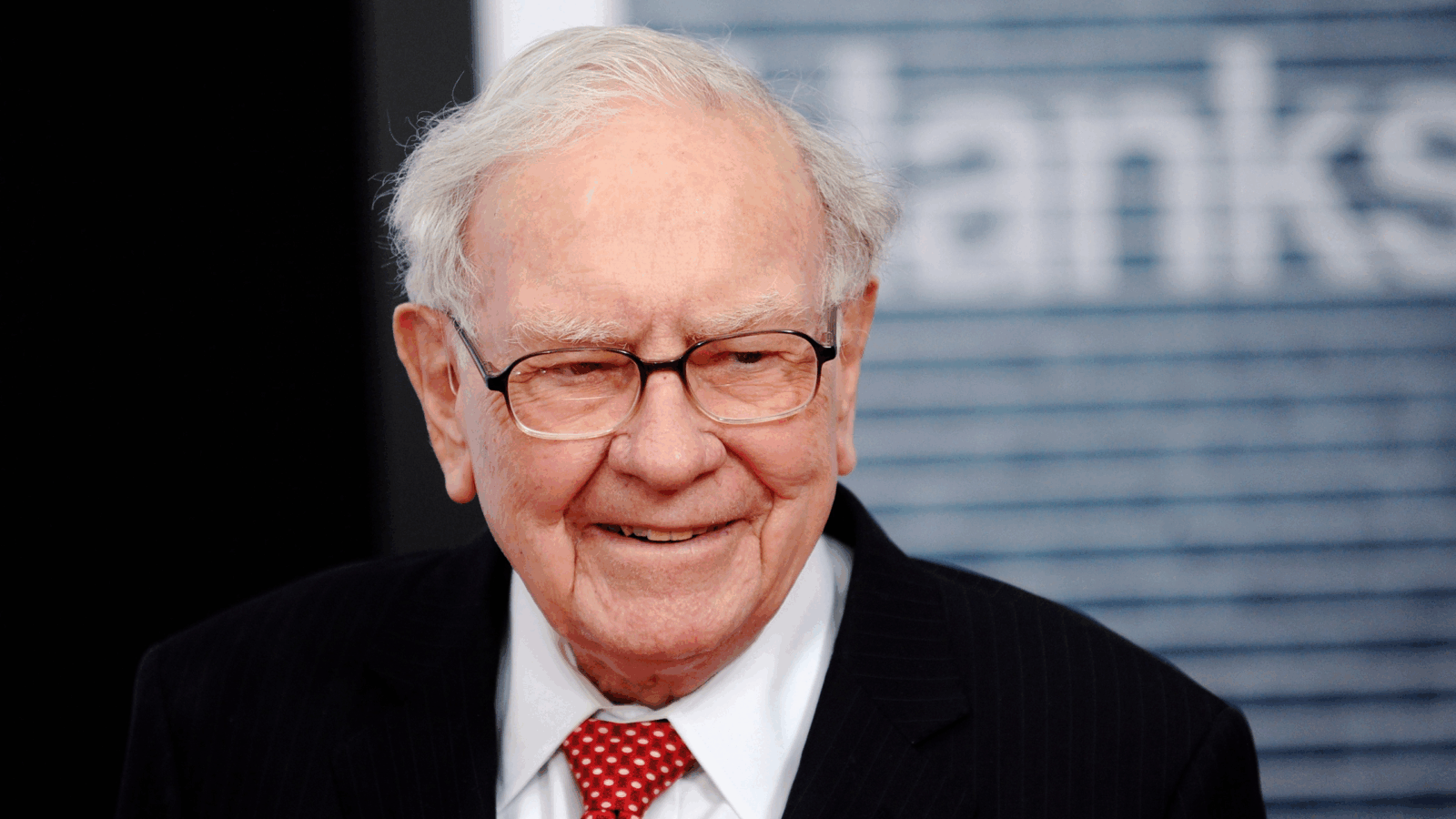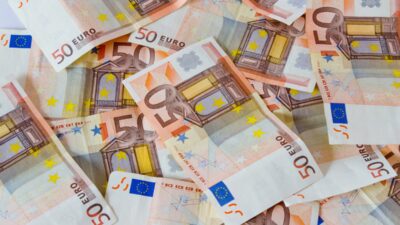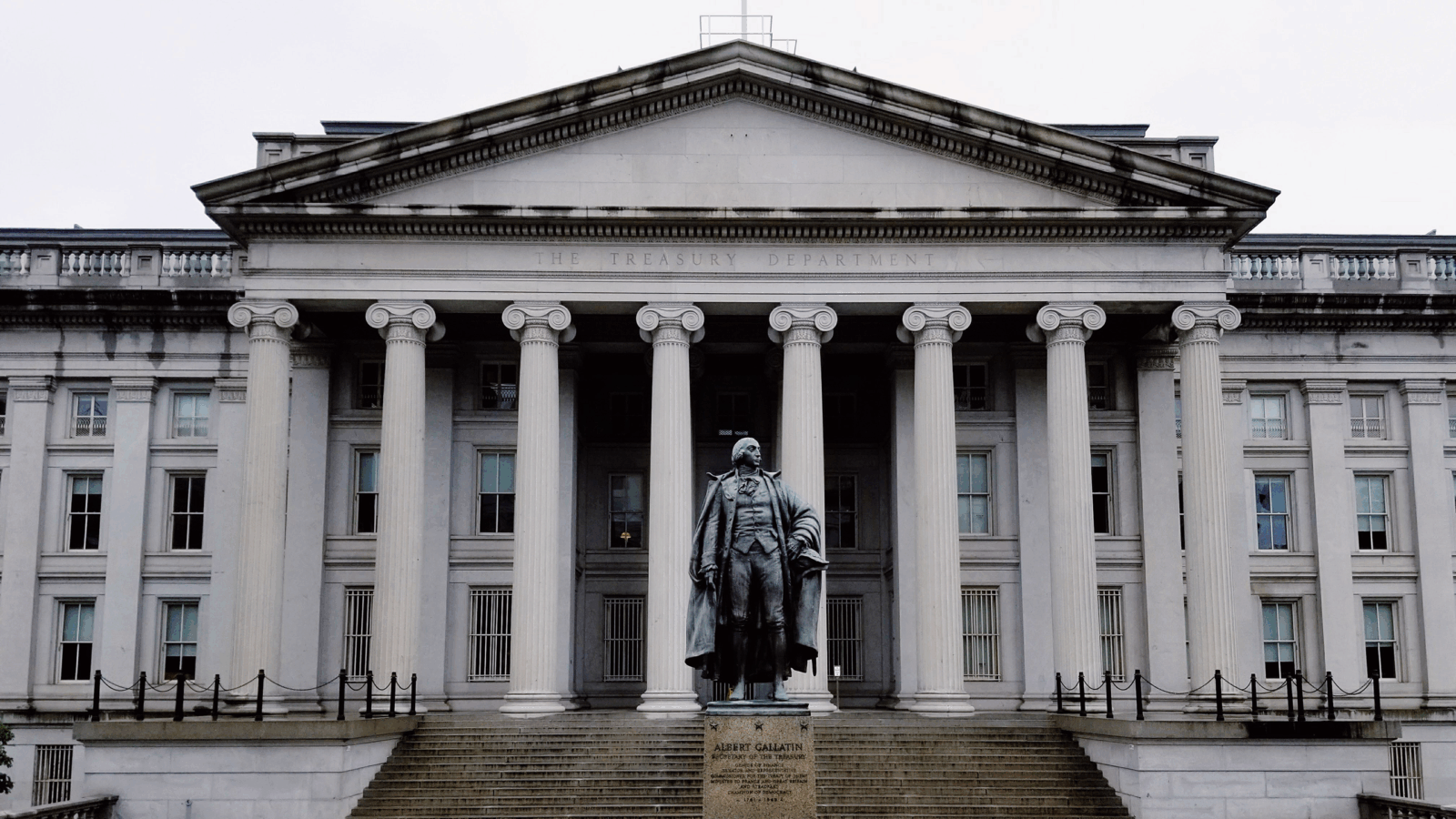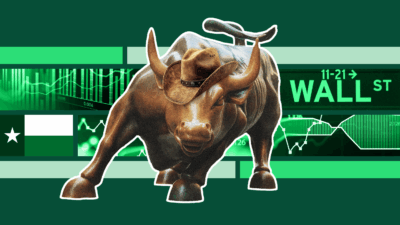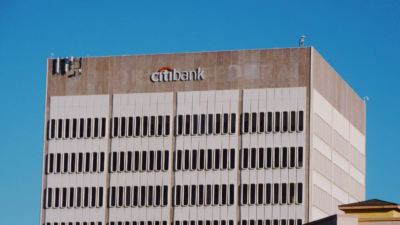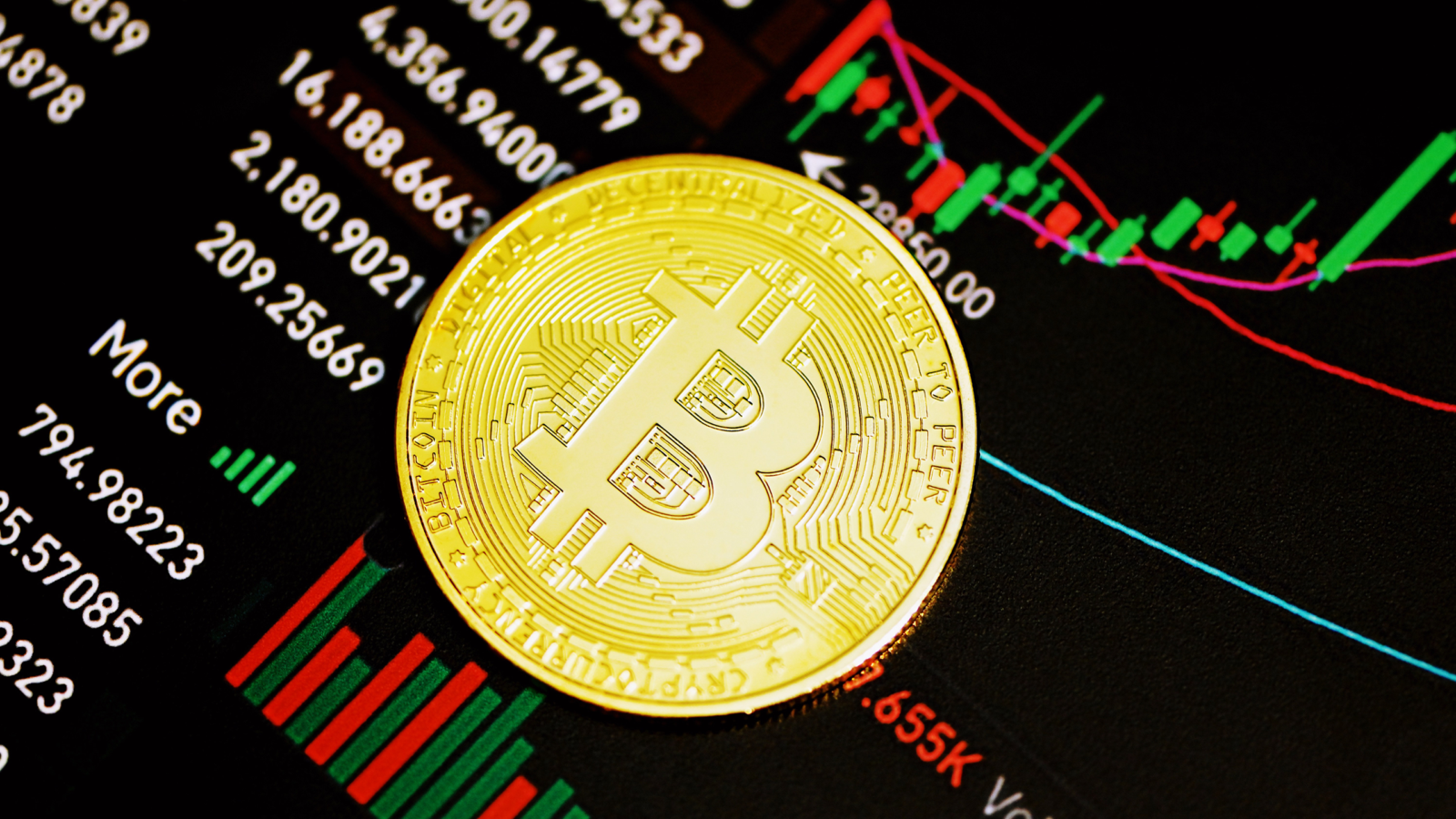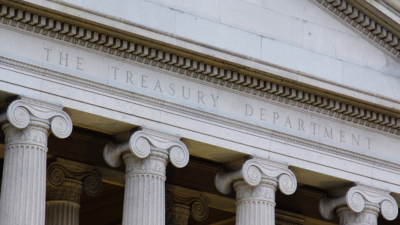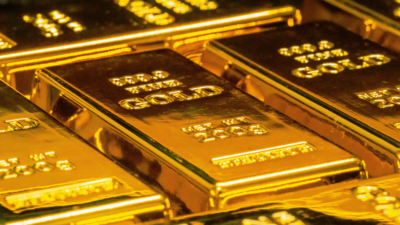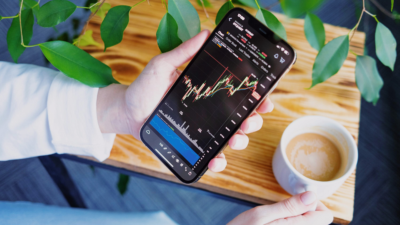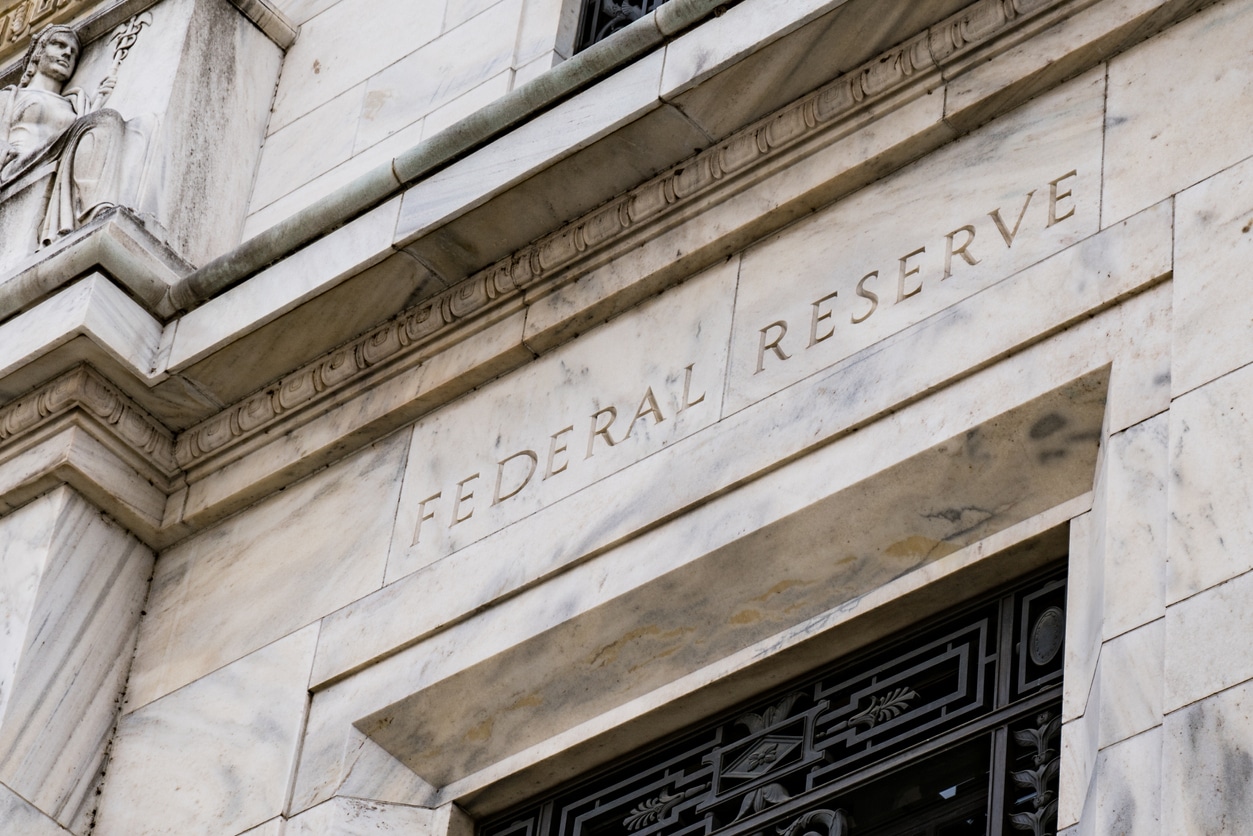
Sign up for smart news, insights, and analysis on the biggest financial stories of the day.
U.S. inflation climbed 4.2% in April. That’s the biggest one-month jump since the Great Recession in 2008.
The news sent markets into (yet another) nervous frenzy on Wednesday, but the Federal Reserve brushed it off as a mere bump in the road. Expert opinions are split between anxious and chill.
Three Times The Harm
Investors are zeroing in on inflation figures out of fears of an economic triple whammy.
As the economy bounces back from the pandemic, some analysts believe the trio of government stimulus, production bottlenecks, and sizzling demand will combine to form a perfect storm of surging prices over the coming months. After Wednesday’s inflation report, markets sunk in apparent agreement:
- The S&P 500 traded more than 1% lower in New York, en route to its third straight losing day.
- The Nasdaq, home to many tech firms that are extra sensitive to inflation and the associated rising interest rates, dropped 2%. The U.S. government bond sell-off also picked up speed.
“This report does mean that the first part of the higher inflation story — the reopening spike — is real,” Ian Shepherdson of Pantheon Macroeconomics told the Financial Times. “It’s no longer a forecast, and further hefty increases are coming.”
Some senior executives have already sounded alarm bells. Berkshire Hathaway CEO Warren Buffet warned earlier this month that his company is observing “very substantial” inflation. Tyson Foods CEO Donnie King is “seeing raw material costs up over 15% as well as increases in logistics, packaging, and labor.”
Fed Says Relax
While Federal Reserve Vice Chairman Richard Clarida admitted he was surprised by April’s jump in consumer prices, he wrote it off as “one data point,” saying he expects inflation to slow in the coming months.
The Lads At Oxford Agree: The Fed isn’t alone in its assessment. “We share the Fed’s view that this isn’t the start of an upward inflationary spiral,” said analysts at Oxford Economics. “We look for supply and demand imbalances to gradually be resolved and the pace of inflation to gradually cool heading into 2022.”
